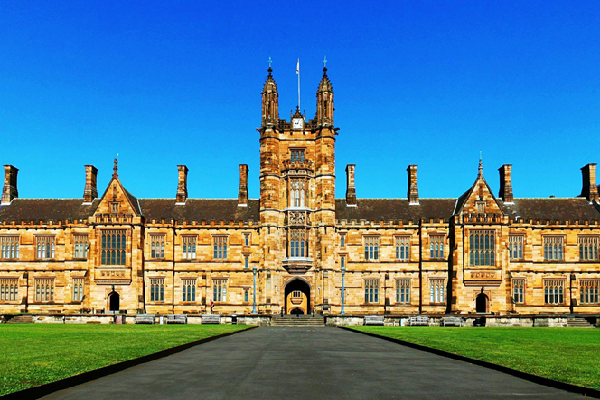20 years of PARADISEC celebrated
This year, PARADISEC, a vast online archive, celebrates two decades of caring for valuable cultural records of some of the world’s most endangered languages and musical practices, mainly across the Asia-Pacific region. Over 20 years, the PARADISEC collection has grown to house audio and video from 1,350 languages, with a particular focus on Oceania from countries including Papua New Guinea, Vanuatu, Solomon Islands and Australia.
Field recordings — some from the 1950s and ’60s — are taken back to communities to be shared with descendants of the people featured in the recordings.
However, the archival team, based at the Sydney Conservatorium of Music, is engaged in a race against time to digitise analog records of materials from endangered cultures from all over the world. Audio experts advise that analog tape may no longer be playable after 2025, whereas digitised recordings can be accessed online and via a PARADISEC tool using a portable WI-FI network to reach communities without reliable bandwidth.
PARADISEC is a major international centre for archival activities, holding 15,700 hours of audio recordings and 2,600 hours of video recordings that might otherwise have been lost. The recordings are of performance, narrative, singing, and other oral traditions. They amount to over 200 terabytes, and represent 1,350 languages, mainly from the Pacific region.
PARADISEC archivist and Tolai man Steven Gagau from Papua New Guinea’s East New Britain says: “Music and language are central to the identity of Indigenous communities. Holding on to records of our cultural heritage, PARADISEC bridges past and present cultural practices, creating a store of recordings accessible to speaker communities who are experts in their own knowledge.”
“Conserving language and song recordings in PARADISEC opens up possibilities for all kinds of creative future uses,” says Dr Amanda Harris, musicologist at Sydney Conservatorium of Music and Director of PARADISEC’s Sydney Unit
“Over 20 years I’ve seen the PARADISEC collection grow, not just in number of hours of songs and stories archived, but in the reach of the collection into the community. The archive is rich with records from many Indigenous cultural practices, and reinforces for me the connectedness of Australia with our island neighbours throughout the Pacific and beyond.
Starting as a one-year project in 2003, PARADISEC (Pacific and Regional Archive for Digital Sources in Endangered Cultures) found many recordings that needed to be preserved, both within Australia and in the region, and has kept building connections with agencies in the Pacific. Audio tape collections have been digitised that were otherwise destined to be lost.
“Working on audio preservation in the PARADISEC lab, some analog tape is so brittle it falls apart even as we digitise. But catching these recordings brings valuable cultural materials back to life,” says Jodie Kell, Audio Engineer, PhD candidate at the Sydney Conservatorium of Music and manager of the Sydney PARADISEC laboratory.
The accessible online collection makes these cultural heritage recordings available to members of speaker communities and future researchers and PARADISEC is currently developing ways of applying new technologies, such as the use of portable archive networks that can be accessed in remote regions.

PARADISEC Sydney team: L-R, PhD candidate Starr Abelardo, audio technician Nick Fowler-Gilmore, Dr Amanda Harris (Sydney Director), Laboratory Manager Jodie Kell, community liaison Steven Gagau and research assistant Anje Rossendell-Piper.
PARADISEC researchers collaborate widely to understand the role of archives in relationship with speaker communities. In their recent book Music, Dance and the Archive, Amanda Harris, Linda Barwick and Jakelin Troy with contributors including Jodie Kell, Clint Bracknell and Cindy Jinmarabynana found that singing old songs recorded in archives can bring cultural practice back to community, and that this is a creative process, not just a revival of old ways. This was apparent in a new work commissioned from taleialani (pictured below) to celebrate PARADISEC’s anniversary that wove audio from the collection into a multimedia performance drawing on memories of Fijian singing from childhood.

Sydney Con student taleialani’s work La Tropicana commissioned to celebrate 20 years of the PARADISEC archive. Photo: Nicola Bailey/University of Sydney.
PARADISEC is a joint initiative of the University of Sydney, University of Melbourne and the Australian National University. The Sydney office of PARADISEC is based at the Sydney Conservatorium of Music and collaborates on projects focused on music of the region.

